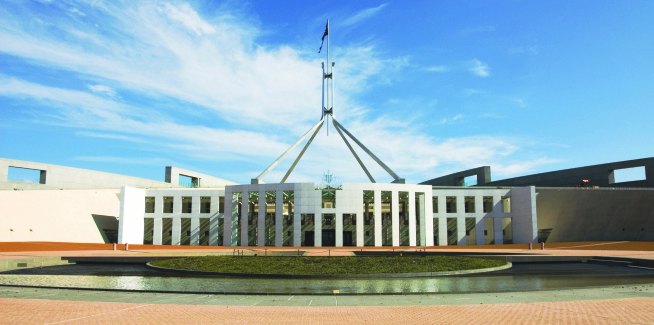Reflecting on the outcome of the federal election, in which the Coalition government was restored to power, AMP chief economist Shane Oliver said that his outlook for the domestic economy remain unchanged, with no significant reforms proposed by the incumbent government.
“Apart from the housing deposit scheme, the Coalition did not promise a lot in this election – which is a good thing – beyond what was laid out in the budget,” Mr Oliver said.
“It’s back to business as usual in terms of the immediate economic policy outlook, with modest tax cuts for low and middle-income earners on track for the next few months.”
Mr Oliver’s economic growth projections remain unchanged, with the economist reiterating his view that a monetary policy adjustment from the Reserve Bank of Australia (RBA) is imminent.
“Our view remains that growth will average around 2 per cent in the short term, unemployment will move up to around 5.5 per cent and the RBA will cut the cash rate twice this year to 1 per cent, with the first cut likely next month,” he added.
“Increased short-term fiscal stimulus on the back of a still improving budgetary position (with the 2018-19 budget likely now in or close to surplus) thanks to the still surging iron ore price is on the cards, though, but is unlikely to be big enough or come early enough to head off rate cuts.”
Mr Oliver added that the Morrison government would need to tackle “four key challenges” in its next term in order to improve domestic economic conditions, which he said include:
- minimising the fallout from the housing downturn to maintain improved affordability without “setting off” another housing boom
- getting wages growth up to more reasonable levels, which he said would require getting growth up and underemployment down
- addressing the perceptions of unfairness that have grown since the 2014 budget
- solving the climate action/high energy price puzzle which he noted “may become essential” if support from independents is required to govern
Votes are still being counted by the Australian Electoral Election; however, the Coalition is increasingly expected to form majority government with a projected total of 77 seats in the lower house.
[Related: Election 2019: What to expect from the new government]
 ;
;